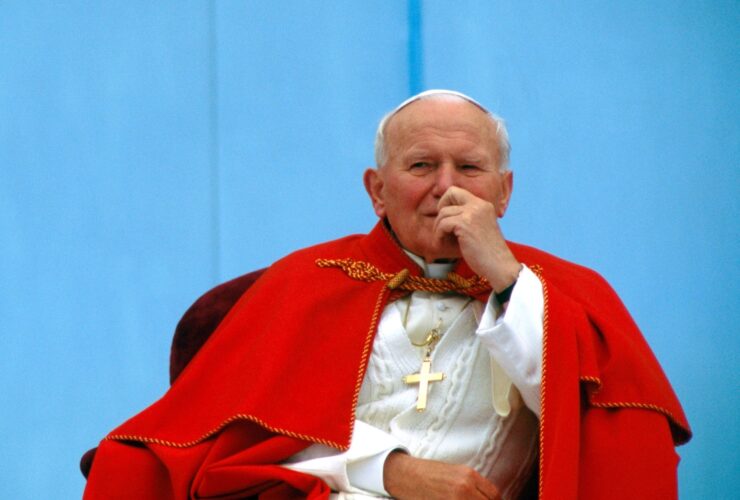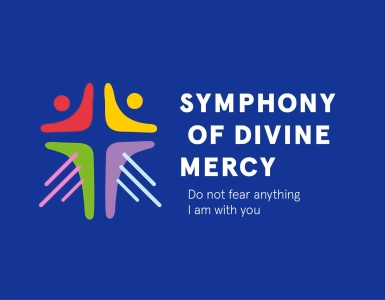Perhaps many have not forgotten this scene: Sunday’s Angelus Prayer, mid-March in 2003. At one point, the Pope put aside the speech he read and with hoarse and somewhat suppressed voice, he started to call: “No more war!” Four days later, Baghdad was bombed. But, it was the speech of Karol Wojtyła – the man who witnessed World War, Szoah, two totalitarians; a man who had in his heart and eyes horror because of the many forms of misery and injustice he saw during his journeys – that Karol Wojtyła’s speech probably saved humanity from even greater misfortune, from the clash of civilizations or from the true “holy war”.
And, it wasn’t just once. The transition from the 20th to the 21st century was accompanied by an endless series of conflicts, great and small, known and forgotten by all. And, John Paul II was everywhere: as in the clash between Chile and Argentina which related to the Beagle Canal or in the clash between England and Argentina for the Falkland Islands. He was everywhere as a protagonist and not as an ordinary observer. In all events, even the most distance, there was his trace; there were his words; and, sometimes his initiative. This way, he gained the kind of international authority that the Papacy may never have had, which was also recognized by the leaders of other Churches and religions.





